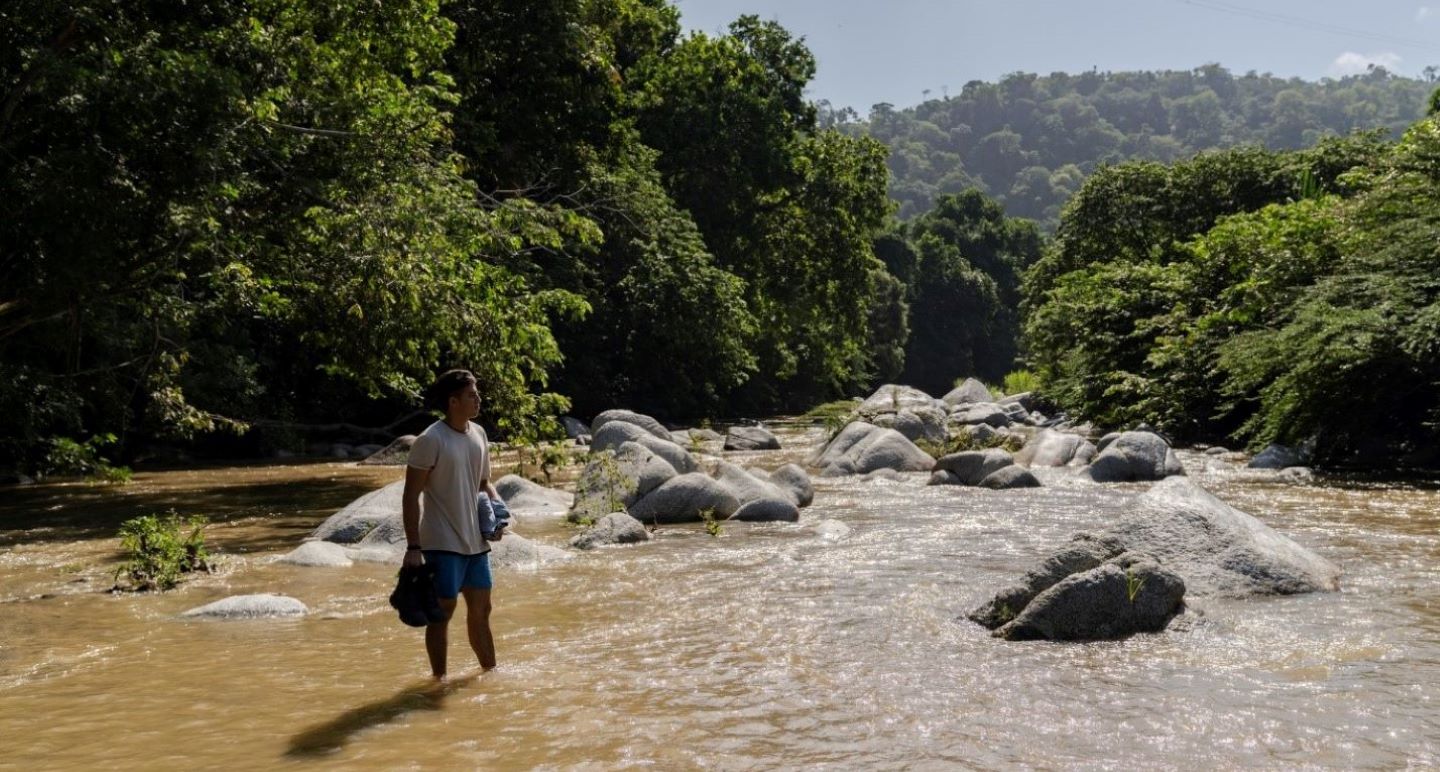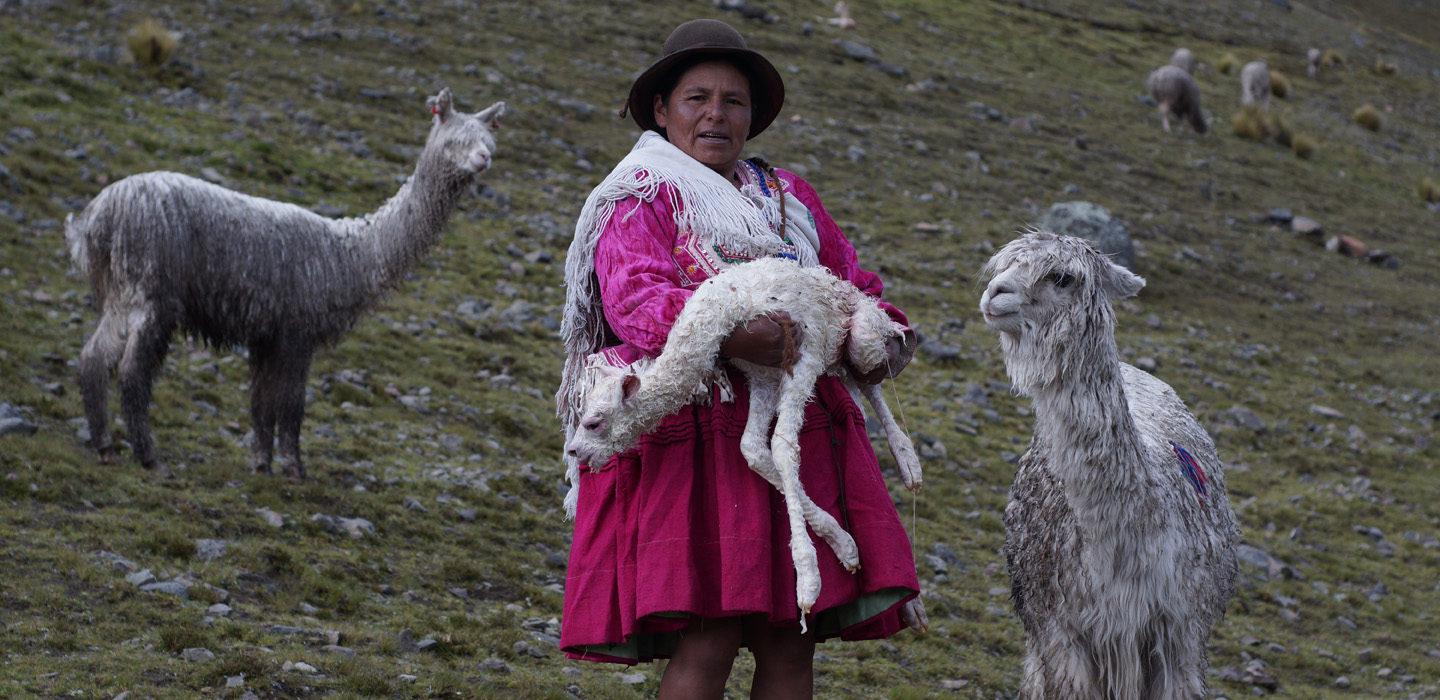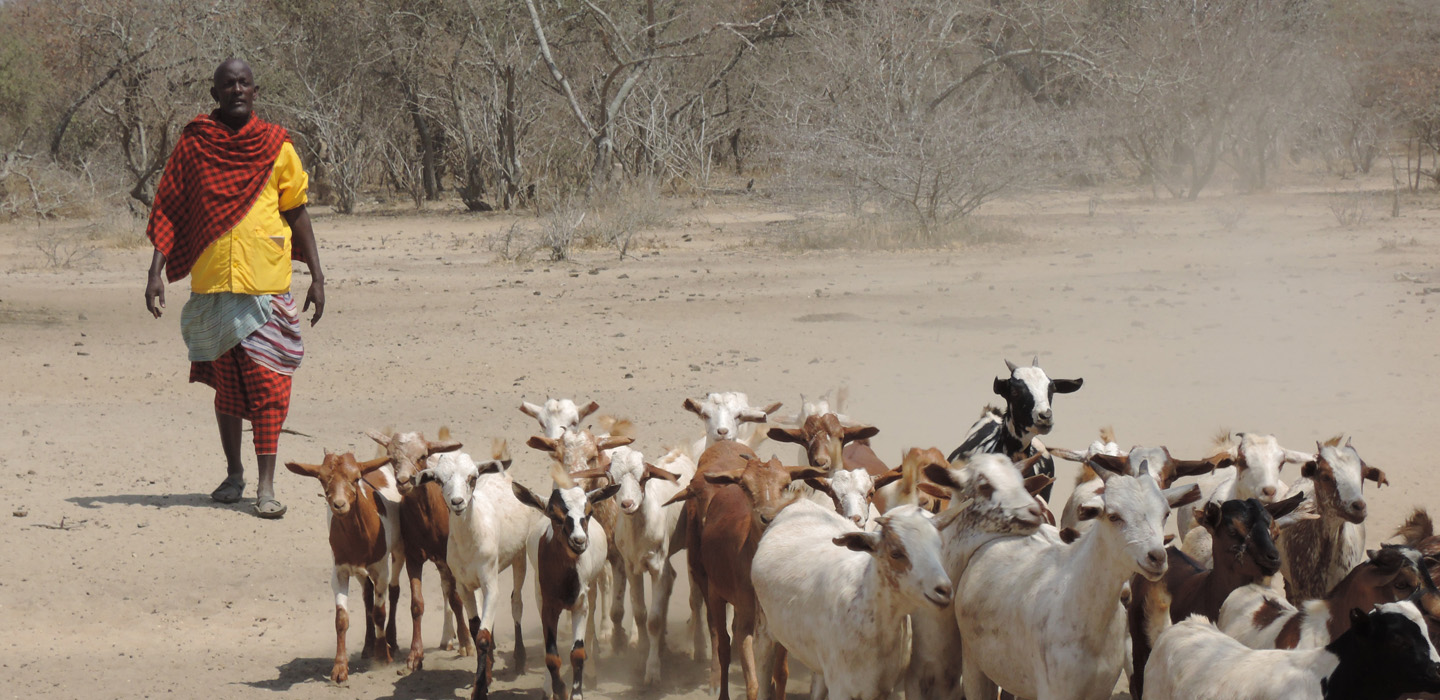Livestock and rangeland
Livestock - banner
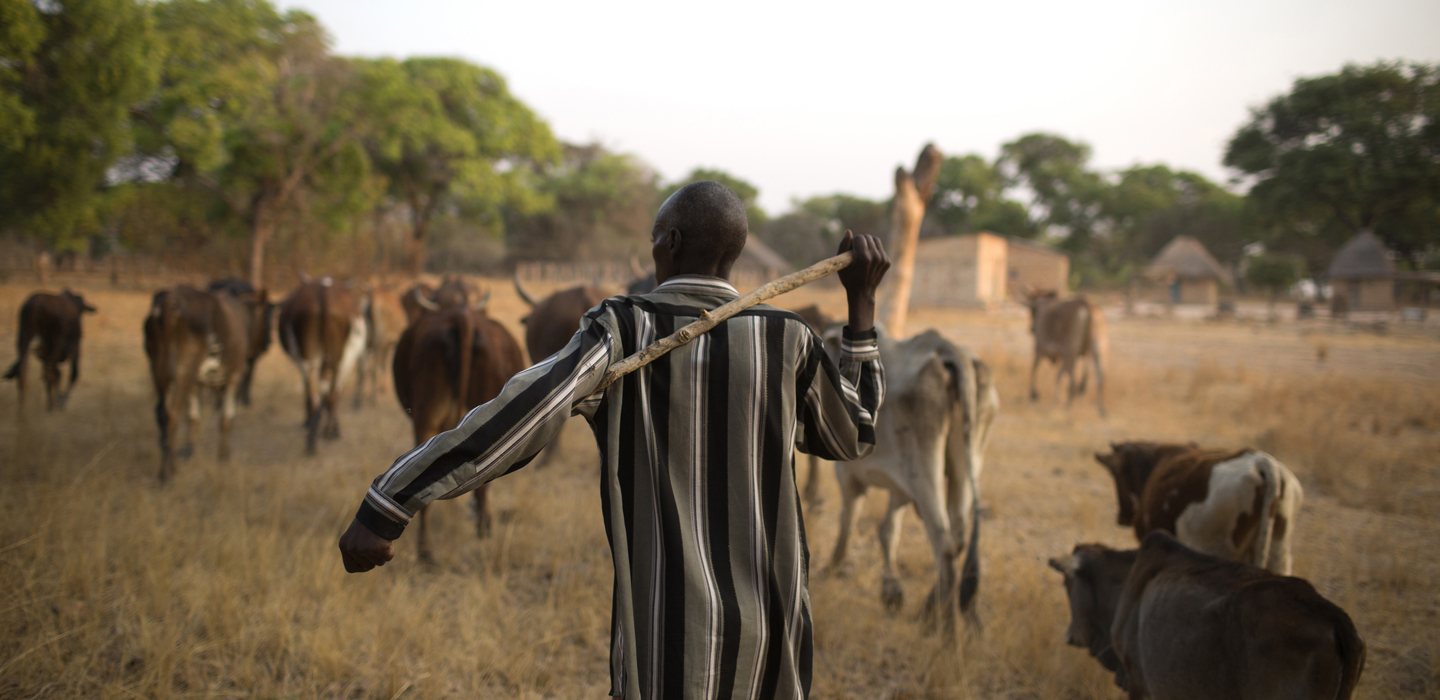
Livestock and rangeland
Livestock
Livestock contribute to the farming operations of more than 800 million poor smallholders. Rural households can improve their livelihoods by raising a wide variety of animals: cows, buffaloes, sheep, goats, pigs, poultry, camels, llamas, alpacas, horses, donkeys, rabbits and even bees.
It is estimated that the demand for livestock products will more than double over the next 20 years, due to urbanization, economic growth and a change in consumption patterns in developing countries. Livestock is one of the fastest growing agricultural subsectors in developing countries, accounting for about 30 per cent of agricultural GDP.
About 78 per cent of the world’s poor people live in rural areas and rely largely on agricultural work to put food on their plates and make a living. Smallholder farmers will need to become more productive, efficient and environmentally sustainable to meet the requirements of growing market demand, largely from urban areas. These requirements relate to food quality, food safety and consistency of supply.
A game changer for rural families
Small and large livestock can make a huge difference to women and men's incomes while strengthening household food and nutrition security and building resilience.
Livestock provide a wide range of nutritious, protein-rich foodstuffs, such as eggs, meat, milk, and honey, which can be processed into a variety of products. This contributes to the diversification of diets and generates income. They are a source of leather, pelts, and fibres such as wool, mohair and cashmere. Manure is used as fertilizer for crops and as fuel for cooking. It can be composted or used for the production of methane in biogas digesters. Finally, livestock provide draught power for crop cultivation, and transportation for people and goods to market.
Poor rural families with no access to financial services often use livestock as a form of asset management, investing in animals when they have extra money, and selling them when they need cash or other necessities. This strengthens the resilience of those families in the face of economic and climate shocks, enabling them to plan for the future.
Maximizing livestock’s potential
IFAD supports small farmers in making the most of their livestock by protecting animal health, boosting productivity and sustainability, and helping to link farmers to profitable markets.
IFAD-funded projects involve technology transfer, training, credit for restocking, animal health services delivery, feed and breed improvement, and best husbandry practices. Through our investments, smallholder producers and pastoralists gain added value from their livestock.
Over the years, IFAD has developed a wide range of processes and tools to improve the design and implementation of our livestock projects. We work closely with governments and partners to scale up successful livestock interventions so that we can reach larger numbers of smallholders and improve production systems at the farm level.
Spotlight
Spotlight
See how water and peace go hand in hand
Peace and water are inextricably intertwined. That’s why sustainable rural development can help reduce conflict in communities – and why water is often the crucial element that can make the difference.
Projects
Projects
Bolivia (Plurinational State of)
Integral Strengthening Programme for the Camelid Value Chain in the Bolivian High Plateau (Pro-Camélidos)
United Republic of Tanzania
Agricultural Sector Development Programme - Livestock: Support for Pastoral and Agro-Pastoral Development
Experts
Asset Publisher

Anne Mottet
Lead Technical Specialist (Livestock), Sustainable Production, Markets and Institutions Division
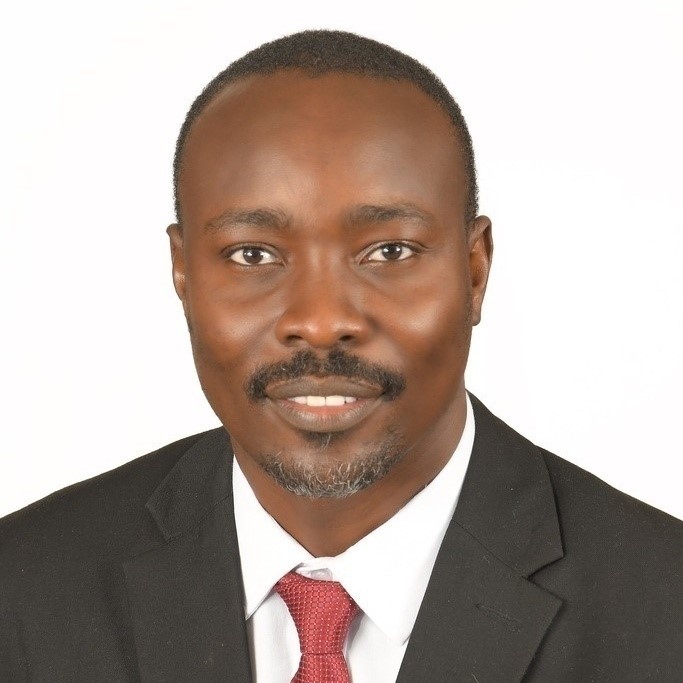
Stories and news
Stories and news
See how water and peace go hand in hand
Peace and water are inextricably intertwined. That’s why sustainable rural development can help reduce conflict in communities – and why water is often the crucial element that can make the difference.
Rebuilding livelihoods in Afghanistan’s rural communities
IFAD’s Crisis Response Initiative is helping pastoralists in Herat build resilience against crises by training pastoralists in animal husbandry practices, providing veterinary units with equipment and supplying high quality feed during winter months.
IFAD and Lesotho partner to support small-scale producers increase the value of their wool and mohair
A new financing agreement aimed at improving the livelihoods of wool and mohair farmers was signed recently by IFAD and the Kingdom of Lesotho by correspondence. The new project aims to increase the economic and climate resilience of 225,000 rural people.
Why camelids are key to a better future in Bolivia and beyond
Why has the UN declared this year the International Year of Camelids? IFAD’s Country Director for Bolivia, Daniel Anavitarte, explains why you should care about these extraordinary mammals – and why they’re key to sustainable rural development in South America and beyond.
Livestock View more link
Related publications
Related publications
Policy brief: Low carbon and resilient livestock development in Kyrgyzstan
Pastoral and agro-pastoral systems, if well managed, are the best-suited and adaptive form of agriculture for the majority of Kyrgyzstan’s land area that is too dry, cold, or mountainous for crop farming.
Photobook: Supporting Syrian refugees and host communities in Jordan
The Small Ruminants Investment and Graduating Households in Transition Project (SIGHT) aims to reduce poverty and improve national food security among Syrian refugees and host communities in Jordan by providing a package of support to boost small-ruminant productivity.
IFAD Research Series No. 88: The Impact of Climate Change on Livestock Production in Mozambique
This paper focuses on activities targeting improved pasture management, supplemental feed sources and livestock value chain development.
